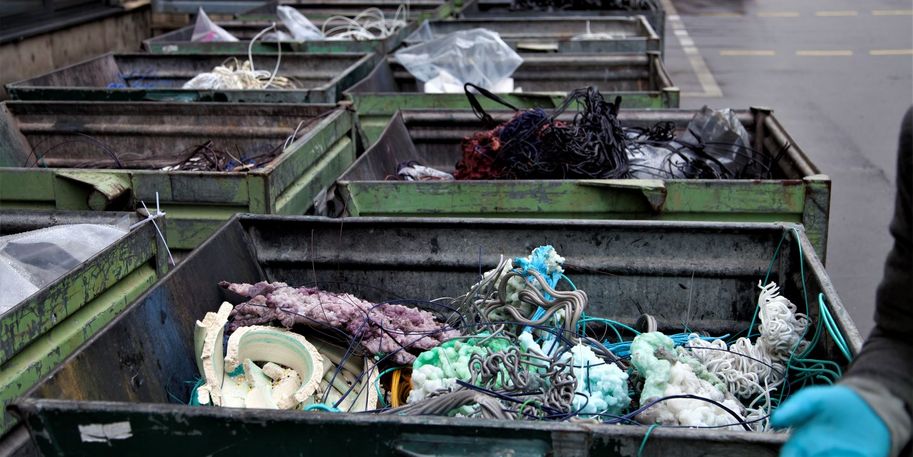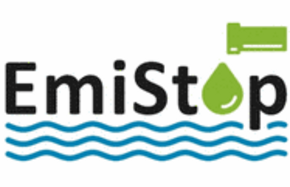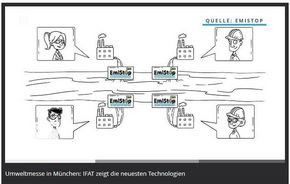How much microplastic does industrial wastewater actually contain?
Since "microplastics" have been detected in surface waters and oceans in recent years, the urgency to combat causes for this kind of pollution has been increasing. Industrial wastewater is a main entry path for microplastics into the environment. Since January 2018, the research consortium of industry and research institutes explores, how many of these micro particles are actually contained in the wastewater of various industries and how emissions can be prevented. The project team includes EnviroChemie GmbH, inter 3 GmbH, BS particles GmbH, TU Darmstadt and HS RheinMain.
Supporting and structuring the development of measures
inter 3’s task is to assist the research team in the development of technical and non-technical measures to prevent microplastics emissions and to structure them along the production chain.
A Delphi study carried out with selected experts and relevant stakeholders will elaborate possible future developments of framework conditions for industrial wastewater discharge. Concrete suggestions are derived for the respective technical research partners at an early stage of technology development.
In addition, the individual measures developed by the consortium are bundled into practical options for action for the industrial sector. Sustainability criteria are set up, validated and evaluated by a second Delphi study. Based on this, EmiStop measures and strategies are evaluated by a multi-criteria analysis and compared in terms of fields of application as well as their particular strengths.
Project communication and public relations
inter 3 is also responsible for the development and implementation of a communication strategy in the project. This includes the definition of the target audience and corresponding core messages: Communication media such as a homepage, flyers and press activities are used for maximum publicity.
The communication strategy will include the elaboration and illustration of implementation and diffusion strategies for developed technologies based on the multi-criteria evaluation. Project results are also prepared in the form of a decision support tool for industrial users.
The Federal Ministry of Education and Research (BMBF) funds the EmiStop joint research project as part of the research focus "Plastics in the environment - sources, sinks, solutions" within the flagship initiative Green Economy of the BMBF-framework programme "Research for Sustainable Development" (FONA3).

![[Translate to English:] [Translate to English:]](/fileadmin/_processed_/3/f/csm_20180107_gefoerdert_vom_bmbf_deutsch_64c5d2497c.jpg)

